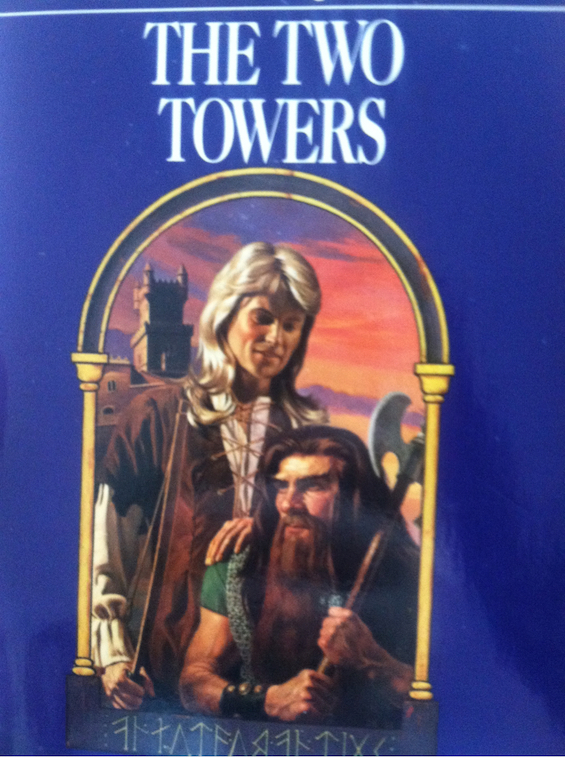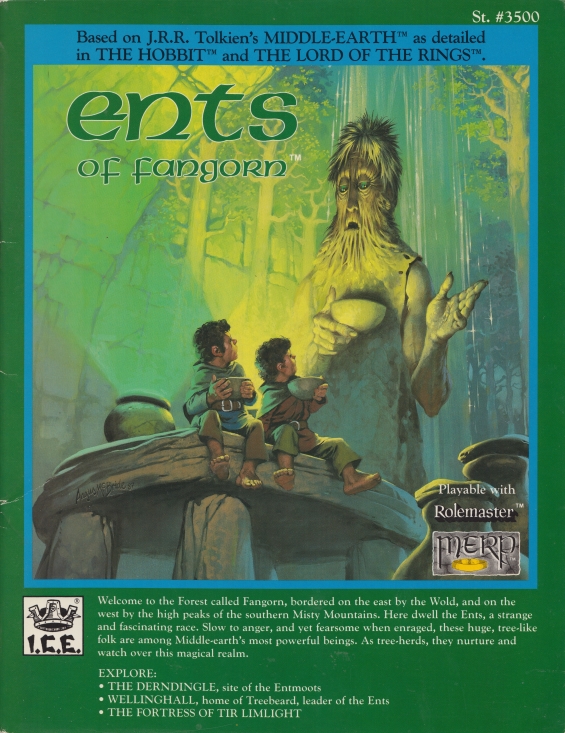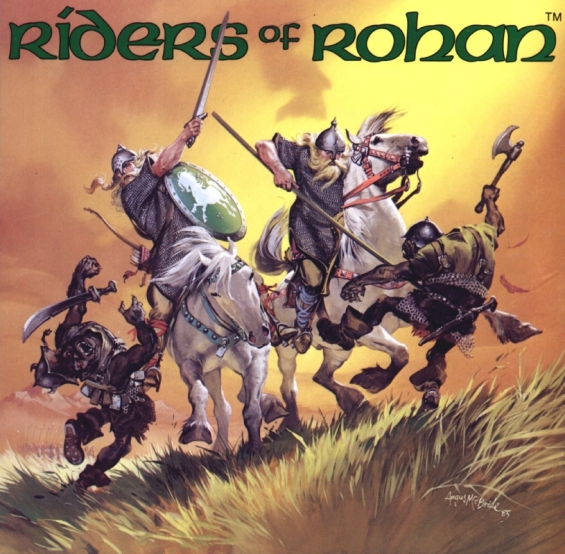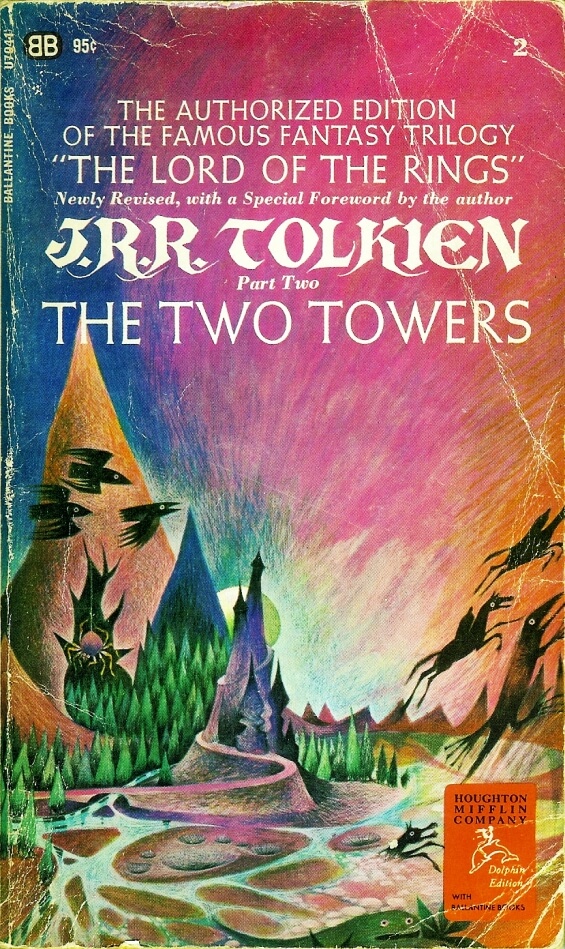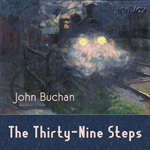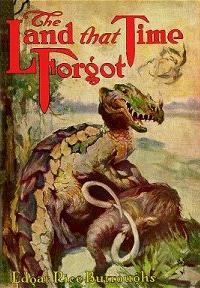
 The SFFaudio Podcast #337 – Jesse, Julie Davis, Seth, and Maissa talk about The Lord of the Rings Book V (“The War Of The Ring”) by J.R.R. Tolkien (aka the first half of The Return Of The King).
The SFFaudio Podcast #337 – Jesse, Julie Davis, Seth, and Maissa talk about The Lord of the Rings Book V (“The War Of The Ring”) by J.R.R. Tolkien (aka the first half of The Return Of The King).
Talked about on today’s show:
Published 60 years ago; research is Jesse’s “security blanket”; The Black Stone by Robert E. Howard; stone of Erech has parallels to the Kaaba in Mecca; Moses’s ill-fated water-rock in Old Testament; the Stone of Scone; palantíri; War? What is it good for? We aren’t fans of all the battles; Éomer’s poetic “all is lost” moment; The Last Samurai and heroic fatalism; World War I; Faramir’s dislike of war; the movies’ over-reliance on spectacle; the power of words; the Lord of the Nazgûl; Éowyn’s badassery; Houses of Lamentation vs. Houses of Healing; the strength of the weakest; parallels between Merry and Pippin; the flaws of film versions of Éowyn–and Faramir; great deeds vs. duty; Éowyn as Old Norse valkyrie archetype; the twisting of the Nazgûl; debating the corporeality of Sauron; Sauron and Denethor use others for their dirty work; Ghân-buri-Ghân and other marginalized figures; woodwoses; no authorized Lord of the Rings fan fiction; Jesse wants public domain story following Gimil and Legolas on postwar adventures; Fifty Shades of Grey as Twilight fanfiction; Tolkien’s scholarly inside jokes; we don’t know our Greek numbers; on foils, parallels, and the integrity of Tolkien’s work; Théoden and Denethor; Gandalf’s healing power, “see the light”; Denethor’s false wisdom; Denethor passages have quality of a Greek tragedy; modern society, like Denethor, can’t see the whole picture; film portrayal of Gandalf whacking Denethor is not canon; Christ parallels and the resurrection of hope; the layering of symbolism; barrow wights and Théoden’s barrow; Korean harvest festival Chuseok; the aggression of the Tolkien estate; the Hobbit and Lord of the Rings animated movies of yore; “the hands of the king are the hands of a healer”; athelas (kings foil) to the rescue!; the king’s power to call the wounded back from the dead; the title of lore master; the last big distraction and self-sacrifice at the Black Gate; on the division of Lord of the Rings into books and volumes; on the pleasures of slow reading; more discourse on Denethor; Pippin and Merry are interchangeable (!?); even Sauron is just one evil power, parallels cyclical historical events in our world (cf. resurgence of Russia under Putin); no spoilers for Maissa!; the Mouth of Sauron’s terms, and what if Gandalf had surrendered?; Hitler, appeasement, and Alexander the Great; envisioning flamethrower guitarist from Mad Max: Fury Road at the Battle of the Black Gate;

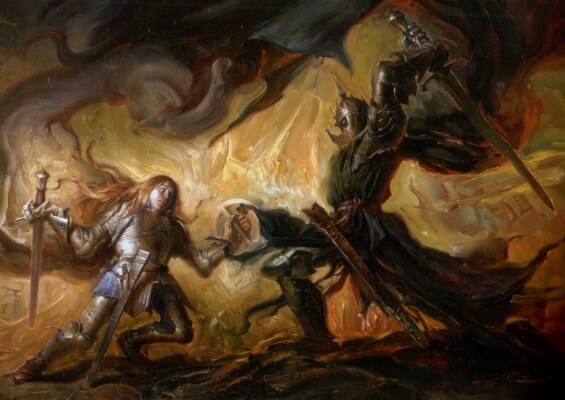
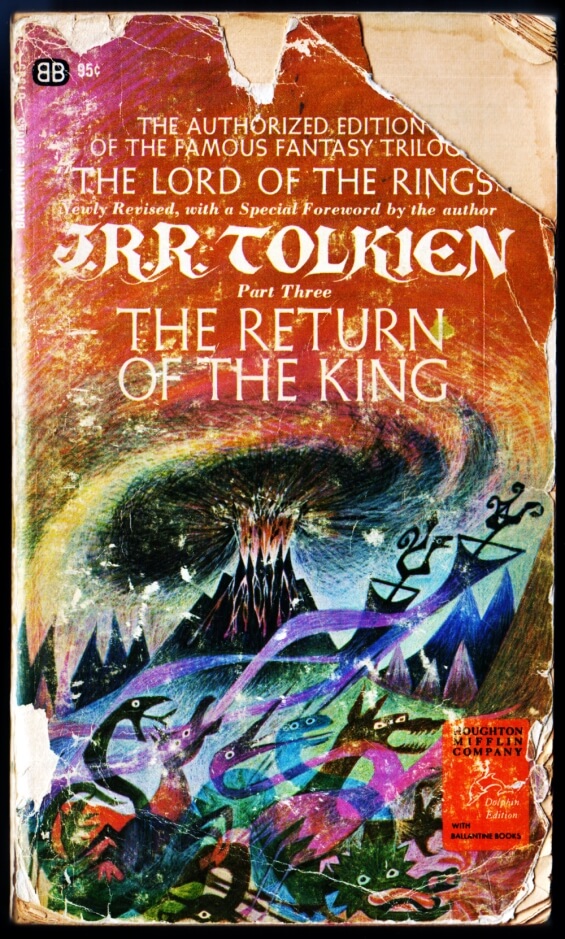
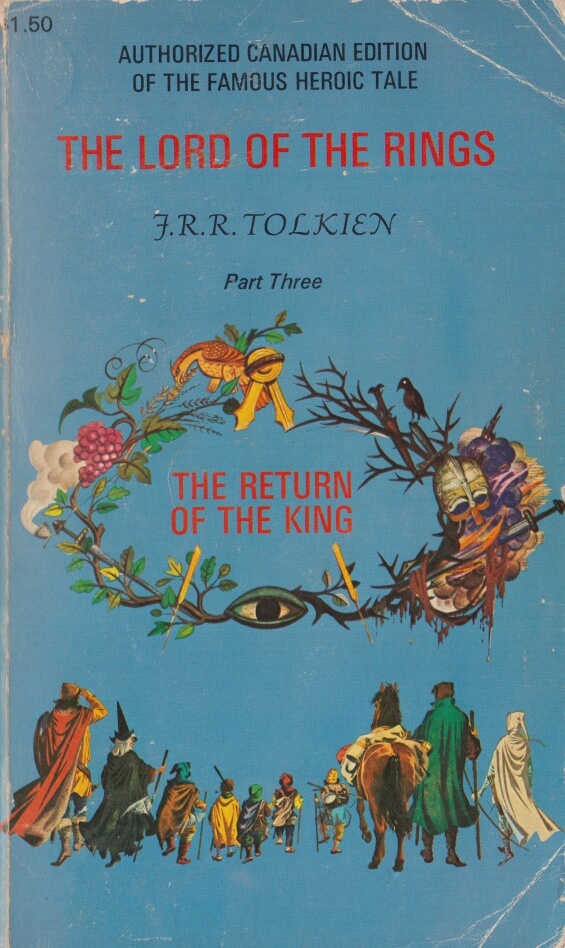
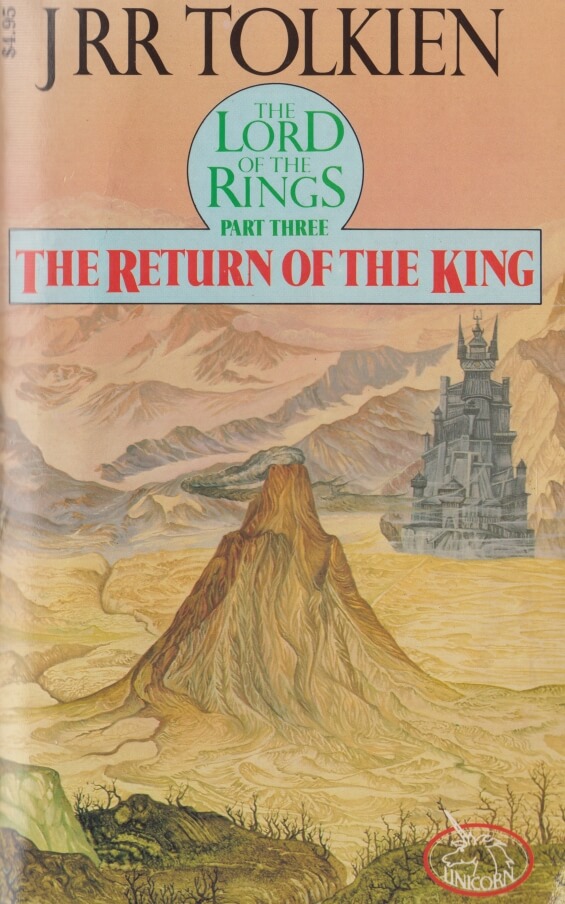
Posted by Jesse Willis
